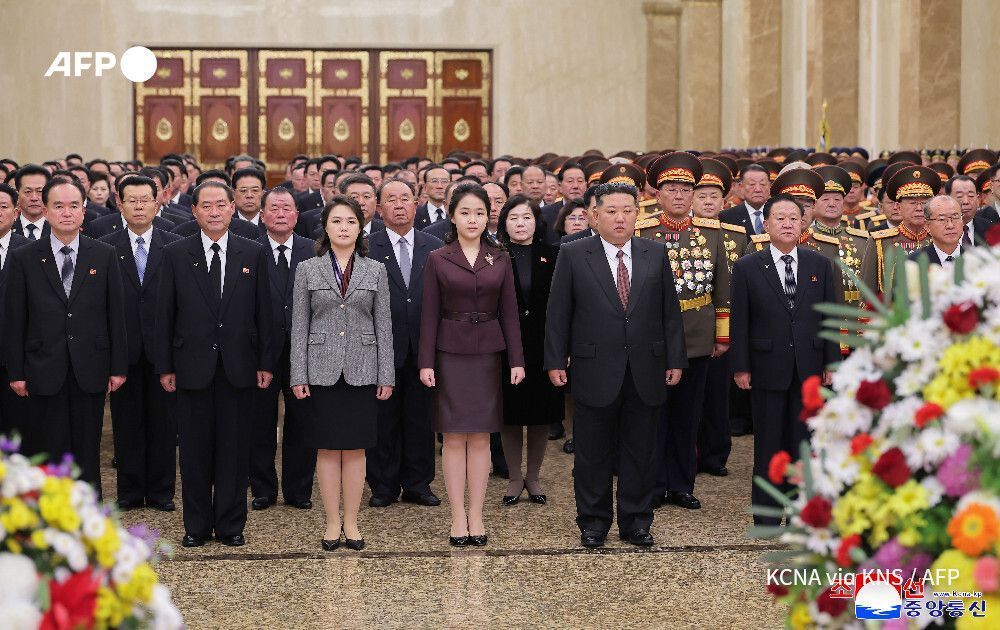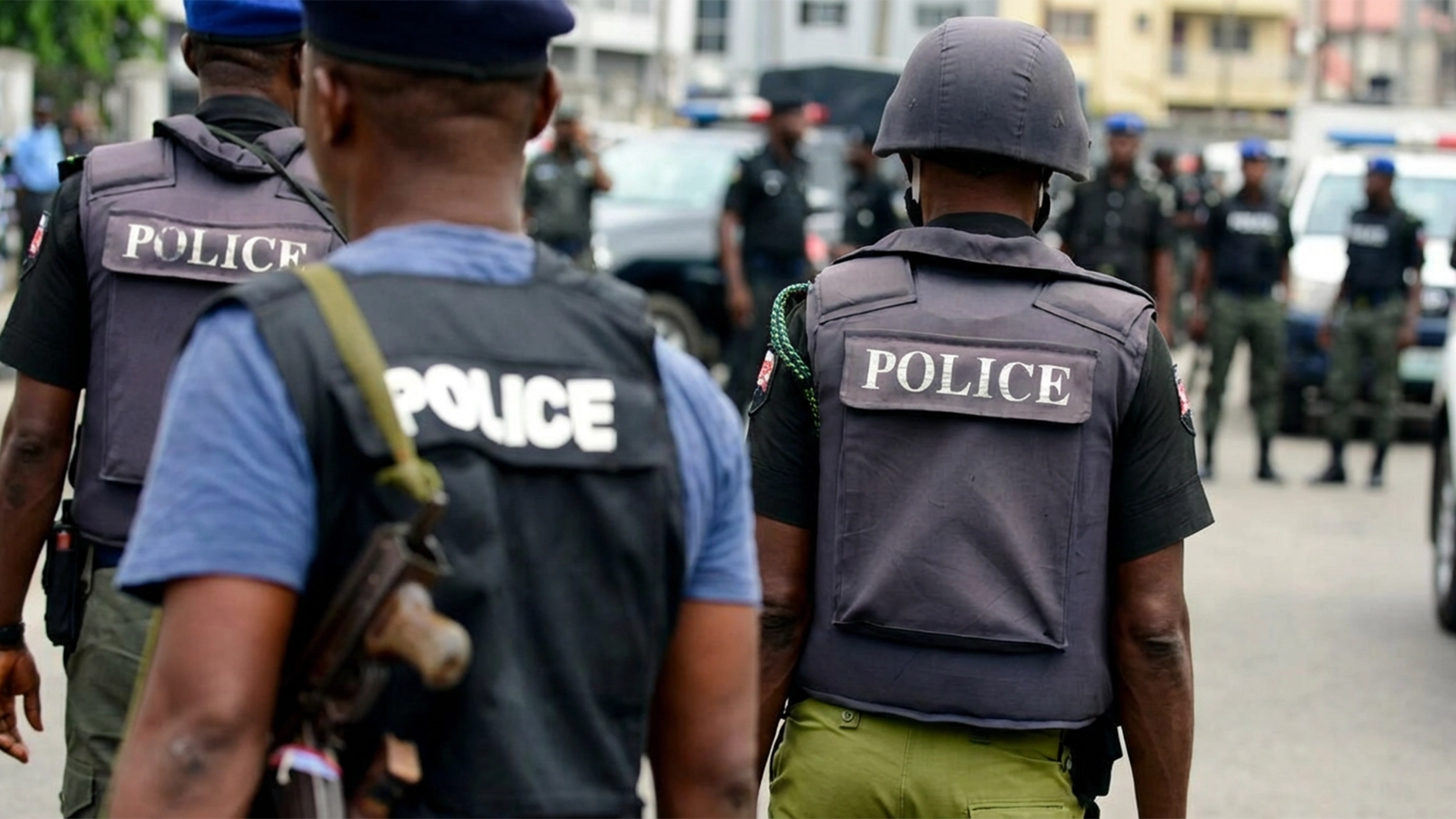Managing Director of the South East Development Commission (SEDC), Mike Okoye, has disclosed that the commission is working collaboratively with state governments to harmonise efforts aimed at expanding the Southeast’s economy from its current $40 billion to $200 billion over the next ten years, while also contributing significantly to national economic growth.
Speaking at the ongoing 4th edition of the Intra-African Trade Fair (IATF) in Algiers, Algeria, Okoye stated that the Southeast currently has a $40 billion economy, and the strategic roadmap of the SEDC targets growing that to $200 billion within the next decade.
He said this ambitious plan is aligned with the national economic agenda and essential to contributing meaningfully to the federal target of achieving a $1 trillion GDP.
In addition, he said this also involves collaboration with state governments, the private sector, international development agencies, and the general populace.
Okoye said although the idea of SEDC has been on since 1970, he added that it was only under President Bola Tinubu’s administration that the initiative saw real progress.
“The enabling law was passed last year, and the commission became operational around 208 days ago. Since then, the President has consistently supported the commission’s vision and plans, which have been shaped by inputs from the private sector, state governments, and federal ministers.
Okoye pointed out that as part of its early efforts, the SEDC presented a 100-day agenda during initial meetings and requested the establishment of a project bank to help ensure proper execution of initiatives, especially those involving the private sector.
To effectively drive investment into the region, the commission is setting up the South East Investment Company, a platform that will raise capital from both the private sector and the diaspora.
The goal is to channel these funds into transformative projects that will drive sustainable growth in the region. Okoye described this approach as a direct reflection of the New Hope Agenda through the SEDC.
Drawing from his 18 years in public service, including working under three governors in Anambra State, Okoye highlighted the collective commitment of the SEDC’s leadership, from the chairman to the board and executive management.
This commitment led to a comprehensive stakeholder engagement effort, involving visits to 45 federal ministries and agencies, consultations with all five southeastern governors in their states, three meetings with the National Assembly, discussions with over 150 private sector players, and virtual engagement with 5,000 members of the diaspora via Twitter Spaces.
According to him, this wide-ranging engagement ensures that the SEDC’s vision is not limited to the commission itself but is shared across society, fostering a sense of collective ownership and reducing institutional resistance.
In terms of short-term deliverables, Okoye pointed to what he described as the ‘cooking agenda’, an initiative that can be implemented quickly while longer-term projects such as regional rail and power infrastructure take shape.
“The focus is on three areas: agriculture, sports development, and venture capital. In agriculture, the plan is to develop between 50,000 to 60,000 hectares of land over the next three to four years in partnership with relevant government agencies. Once prepared, the land will be leased to private investors for mechanized farming, creating jobs for young people in surrounding communities.”
On sports development, Okoye described it as a unifying force for the region and the nation, as well as a tool for youth engagement. He said the commission plans to invest in regional sports infrastructure to foster vibrancy and unity.
“The third pillar is innovation and entrepreneurship, where the SEDC aims to address the lack of local venture capital. Too many young innovators from universities across the region currently have to seek funding abroad. The goal is to establish a transparent and accountable regional capital program to provide seed funding and support for startups within the region.”
On the revival of moribund industries, Okoye confirmed that this is a key part of the plan noting that through the Southeast Investment Company, the commission is ready to support efforts to bring these industries back to life.
“Once the owners, whether state governments or private sector players signal readiness, the SEDC will assist with resources, business plans, and feasibility studies to attract further investment and operationalise those industries.
“At its core, the commission sees itself as an enabler, helping to create the conditions necessary for sustainable development in the Southeast” he said.






